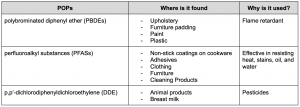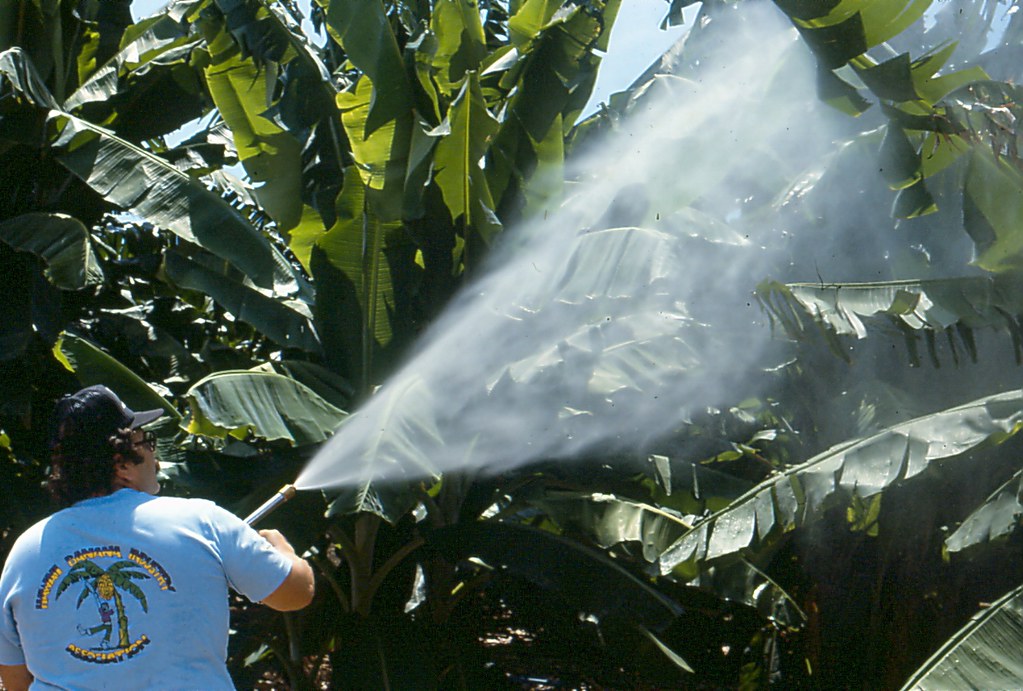Recent discoveries suggest persistent organic pollutants (POPs) may increase the likelihood of celiac disease, especially in females.
What is celiac disease?
Celiac disease is an autoimmune disorder where the small intestine reacts negatively to the wheat protein (gluten) in foods containing white, rye, and barley. The current solution for celiac disease is to follow a gluten-free diet. Celiac disease is believed to be genetic, however, some research suggests a possible environmental connection.
Research from the New York University School of Medicine found that high levels of Persistent organic pollutants (POPs) in blood samples correlate to an increased likelihood of a celiac disease diagnosis.
POPs are toxic chemicals generated by human activity. Examples of POPs include polybrominated diphenyl ether (PBDEs), perfluoroalkyl substances (PFASs), and p,p’-dichlorodiphenyldichloroethylene (DDE). These pollutants are found in all aspects of daily human life and serve many purposes, as shown in Table 1.
Table 1: Common POPs’ Location and Function


Pesticides used in fruit farming occasionally contain DDE (Credit: Scot Nelson, Flickr)
In a study of 88 patients from NYU Langone’s Hassenfeld Children’s Hospital outpatient clinic, blood samples were measured for the aforementioned POPs. Subsequent testing for celiac disease was also performed and resulted in 30 patients receiving positive results.
As seen in figure 1, the concentration of POPs in patients with celiac disease is slightly higher than in “healthy” patients. When age, BMI, sex, and genetic predisposition are accounted for, DDE was correlated with a two-fold increase in celiac disease diagnosis.

Figure 1: PBDE, PFAS, and DDE Median Concentrations in Celiacs vs. Non-Celiacs. These bar graphs compare the median blood concentrations of various POPs in patients diagnosed with celiac disorder and non-celiacs. Notably, this figure does not account for age, sex, genetic predisposition, and BMI. (Credit: Carissa Chua, Modified from Gaylord, et. al.)
When separated by sex, PFAS pollutant concentration was found in higher concentrations in females with celiac disorder. Similarly, men with celiac disorder displayed higher levels of PBDEs. While this discovery is interesting, a more thorough, sexually stratified study should be performed using a greater sample size.

Attempting to avoid these pollutants may complement a gluten-free diet (Credit: Marco Verch, Flickr)
Continued exploration into the interaction between POPs and celiac disease should be performed to definitively prove any relationship. However, attempting to cautiously avoid toxic pollutants as mentioned above may be a helpful addition to a gluten-free diet.
-Carissa Chua
